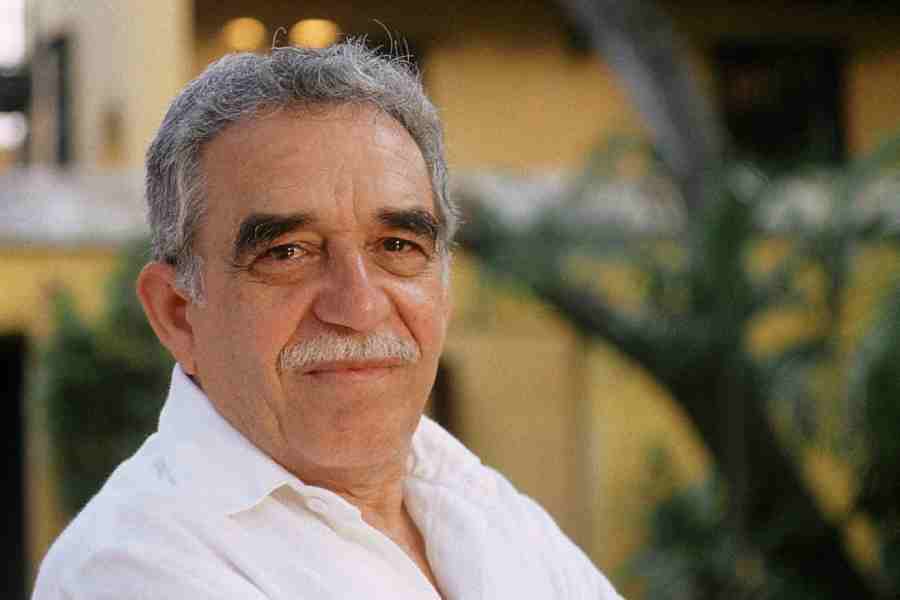Should an author’s failing mind be enough reason to defy his express wishes after his death? This is just one of the numerous questions and allied discomforts that arise when an author’s family or friends go ahead with publishing the work he did not want the world to see. Gabriel García Márquez unambiguously directed his younger son that the novel he had been working on should be destroyed; ambiguity could grow only in hindsight, when his family put together the history of its composition, his repeated revisions, the fact that he sent part of it to his agent — until the drafts, revisions and notes fell apart in the confusion of his fragmenting mind. Márquez’s sons feel that he was no longer able to judge the work’s value. The right to make this assessment about an ill person is riddled with debate, but even besides that it has to be asked whether the judgment of members of the family should be placed above the author’s own. Márquez always burnt unfinished manuscripts which he did not wish to be read. Yet the work is unusual in his oeuvre, worth adding to it perhaps, although it must have required intensive editing, guesswork in assembling and, inevitably, a form dictated by the understanding of the editors as much as, if at all, the author’s.
This form of publishing, when the editor takes on a great responsibility in the author’s absence and in the teeth of his refusal to submit precisely to such interventions, raises questions of ethics. Yet, even without motives of profiting materially from the author’s name, families, editors and publishers may wish to ensure that the genius of the author in its entirety should not only be revealed but also become part of the world’s heritage of beauty and human greatness, and the history of the author’s development be fully recorded. How would Western culture have changed had Max Brod not ignored his promise to Franz Kafka and published The Trial, The Castle and Amerika? Or if Emperor Augustus had listened to Virgil’s request to junk the Aeneid or Chaucer withdrawn The Canterbury Tales? The authors believed these to be incomplete, but for centuries they have enriched and extended dynamic traditions. Does imagining Jibanananda Das’s shy demeanour and imperturbable confidence as poet make the posthumous revelation of his prose works less confusing ethically? Would he have published them given the time?
Das died abruptly and Márquez’s mind slipped, but that is not the case with all authors. The questions about ignoring the author’s wishes are intricately linked to notions of loyalty, greed, love, scholarly curiosity, editorial principles and limits. And the questions go on. Should posthumous publication depend on quality? Who judges that? What about diaries, letters? None of these issues is comfortable, neither is there a one-size-fits-all solution. Yet all that cannot diminish the excitement of reading Márquez’s new novel, Until August. Maybe that is the only resolution.











